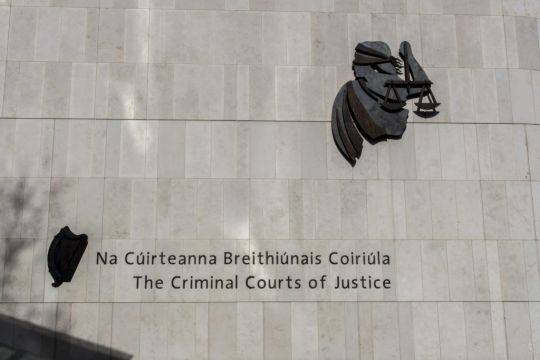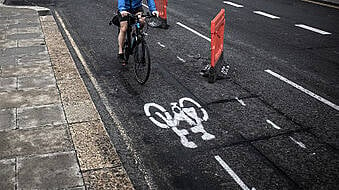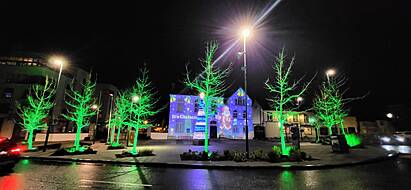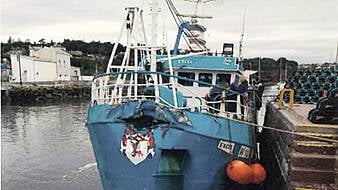Following the collapse of the Bray Boxing Club murder trial a judge has warned barristers that they must tell the court in advance of any issues that are likely to cause delay in a trial.
Mr Justice Paul McDermott, speaking at the Central Criminal Court on Monday morning, said if barristers expect a trial to last more than three weeks, they must submit the reasons in writing to the court. Trials listed for more than three weeks will not get a trial date, he said, unless the court receives a written memo explaining the issues in the case and the length of time required to hear those issues. In future, he said, "it will not be tolerated to go much beyond the estimate given."
He said jurors need to have some indication as to how long they will be required and in some cases it may be appropriate to enlist 15 jurors in case difficulties arise that prevent some jurors continuing to the end of a trial.
Bray case
Gerard Cervi (34), from the East Wall area in Dublin 3, had pleaded not guilty to murdering Bobby Messett (50) at Bray Boxing Club, Bray Harbour, Bray, Co Wicklow on June 5th, 2018. He also denied the attempted murder of boxing trainer Peter Taylor and Ian Britton on the same date and location.
His trial, which opened on June 29th, was originally due to finish in August but ran into difficulties when two jurors asked to be discharged after the finish date was extended to September.
On August 24th, the remaining ten jurors further agreed to sit on until October 22nd, but the trial collapsed last week when one of the remaining ten became unwell and was unable to continue.
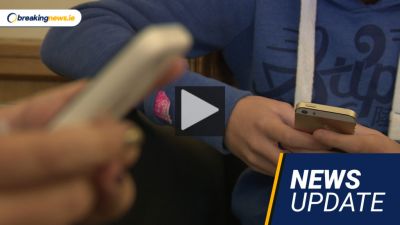
The jury had been absent for much of the trial as lawyers argued over the admissibility of evidence.
Aaron Brady trial
Mr Justice Michael White, who presided over the Bray trial, also presided over the Aaron Brady trial, the longest murder trial in the history of the State, lasting 122 days. Brady (30), from Crossmaglen in Co Armagh was found guilty last year of the murder of Detective Garda Adrian Donohoe during an armed raid at a credit union in Lordship, Bellurgan, Co Louth on January 25th, 2013.
During that trial Mr Justice White called for a change in the law to prevent juries being required to wait for months as lawyers thrash out issues in their absence. He described the delays as "absolutely ridiculous" and added: "This should be the last trial where this happens. The law has to change."
At present, the law requires that a jury be empanelled before a judge can begin to consider certain legal issues, including the admissibility of evidence. It is commonplace for defence lawyers to challenge CCTV or mobile phone evidence resulting in long delays as sometimes hundreds of witnesses are called to prove the provenance of evidence before lawyers engage in legal arguments on the evidence heard in the jury's absence.
